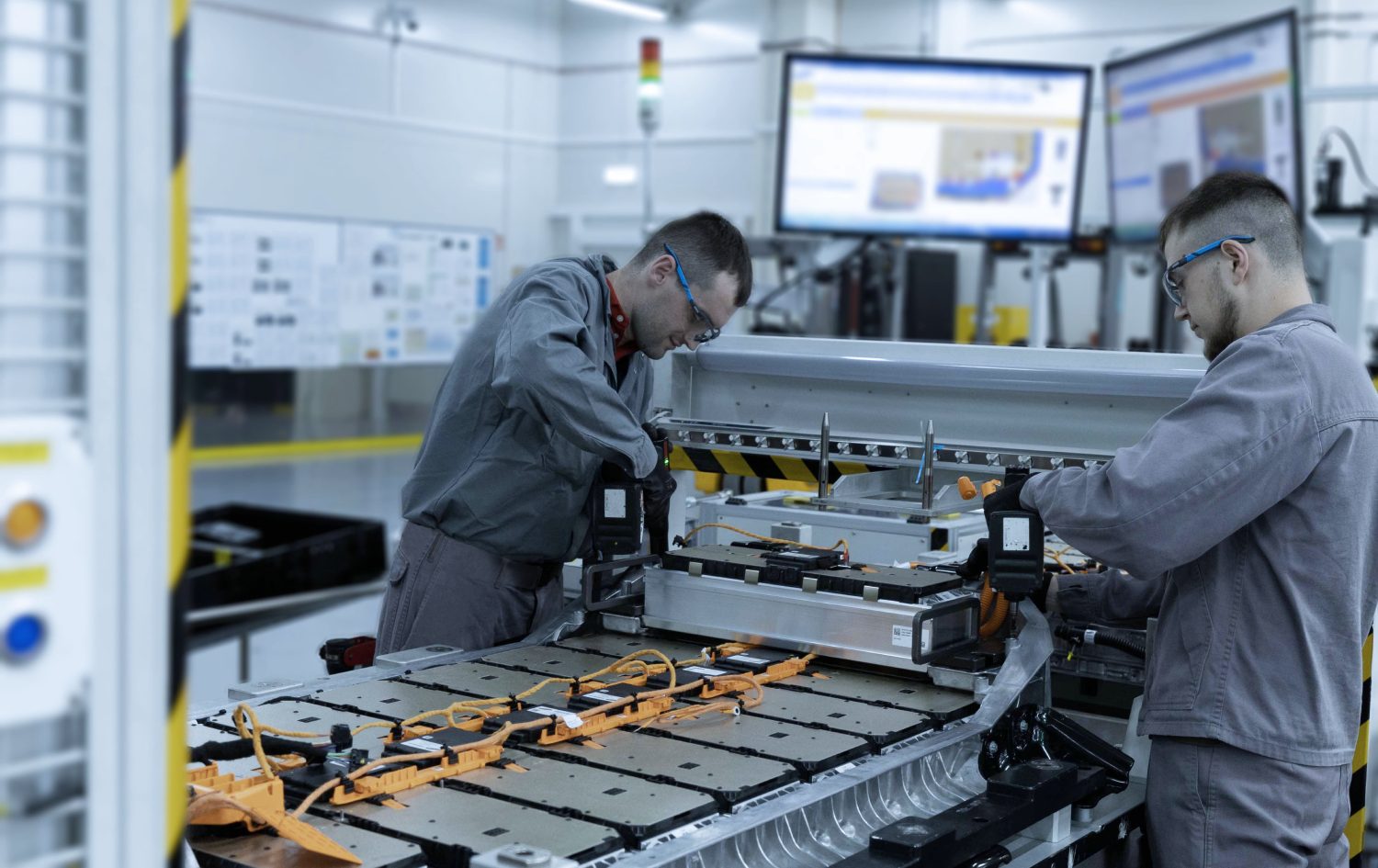Hungary exports EUR 10 billion worth of batteries and related products annually.Continue reading
The government will make it compulsory for all those involved in the production of all types of batteries and their components, as well as those involved in the management of battery waste, to carry out an Environmental Impact Assessment (EIA) procedure. The new amendment’s aim is to protect the health of the Hungarian people and to further strengthen environmental protection objectives, the Energy Ministry announced.
According to the ministry’s statement, at the time of the introduction of the environmental permitting legislation for battery production, only “traditional” acid-lead batteries existed, reports Index.
With the emergence and increasing uptake of lithium-ion batteries, it has become imperative to review and standardize the environmental permitting of their production and related activities, which will be achieved through the adoption of a draft regulation submitted by the ministry for public consultation.
Battery production is currently an activity subject to prior assessment under the relevant government regulation,
it requires a decision by the environmental protection authority on the significant impact of the activity on the environment. During the preliminary assessment procedure, the environmental protection authority decides whether the planned investment may have significant environmental impacts that require an EIA procedure.
In the recent past, a number of cases have been subject to EIA procedures, underpinning the general obligation to carry out an EIA.

Photo via Facebook/Samsung SDI
Under the proposed amendment to the Government Decree 314/2005 on the environmental impact assessment, the production of all types of batteries and their components (cathode, anode, electrolyte), as well as the pre-treatment and recovery of their waste, will be subject to an EIA under the new procedures. The proposal only applies to battery production and related activities.
Via Index; Featured image via Facebook/Samsung SDI